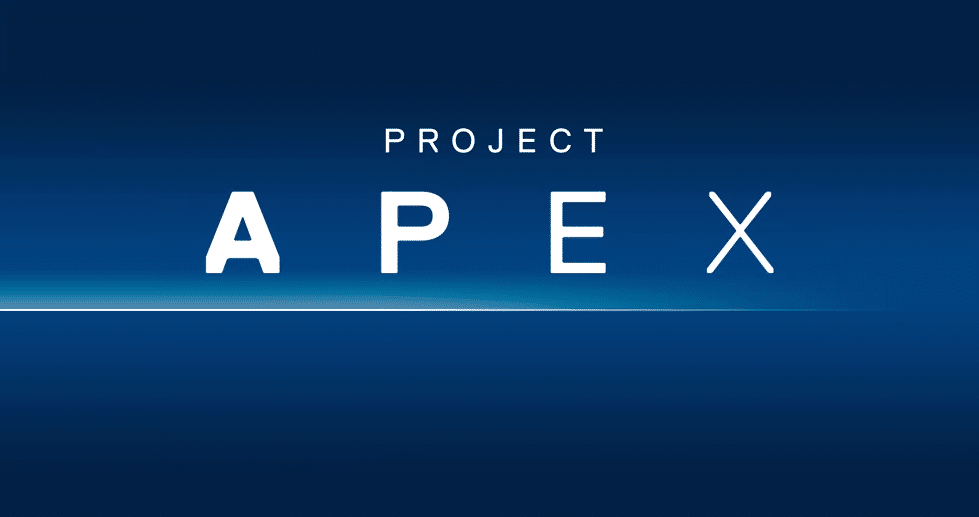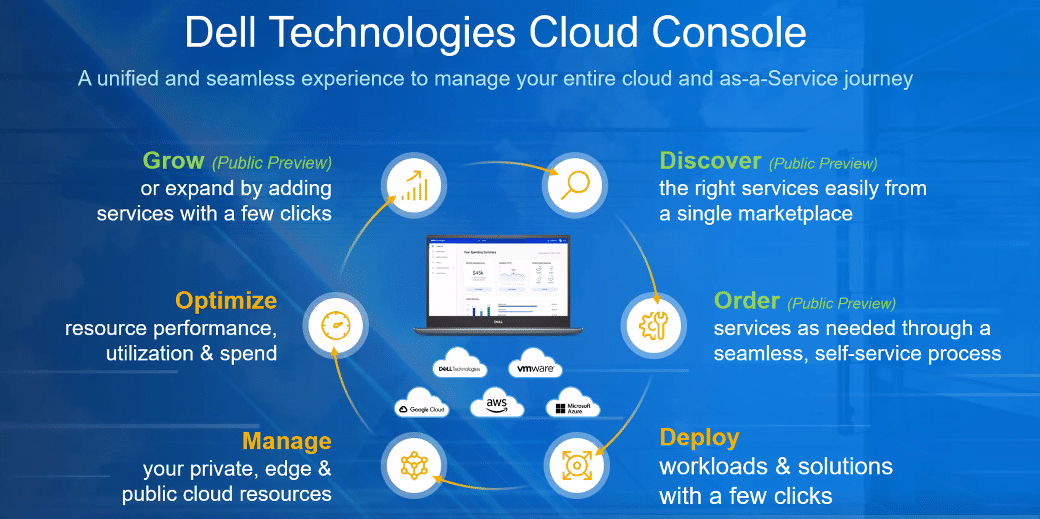Today at Dell Tech World, Dell Technologies unveiled Project APEX. The new project is the name of the company’s expanding as-a-Service strategy. The main aim of Project APEX is to simplify how customers and partners access Dell technology on-demand, meaning the entire Dell and Dell EMC offerings, through a single self-service interface.
Today at Dell Tech World, Dell Technologies unveiled Project APEX. The new project is the name of the company’s expanding as-a-Service strategy. The main aim of Project APEX is to simplify how customers and partners access Dell technology on-demand, meaning the entire Dell and Dell EMC offerings, through a single self-service interface.

Things have changed and are continuing to do so, so it goes. The cloud has disrupted the industry in both how services are created and consumed. The as-a-Service idea, consuming what is need through a subscription versus buying the hardware, has taken off as well. This model can greatly reduce up-front and unnecessary costs. Adoption is accelerating, and there is no end in sight. Noting this, Dell Technologies is fully embracing this model with Project APEX.
Project APEX
Project APEX unifies Dell Technologies as-a-Service offerings, its cloud strategies, technology offerings, and its go-to-market efforts. Regardless of where workloads are run, customers will enjoy a consistent as-a-Service experience. APEX will reach across storage, servers, networking, hyperconverged infrastructure, PCs, and broader solutions.
This is all delivered by a single self-service interface, the Dell Technologies Cloud Console. There will be a marketplace for customers to choose what the need and with a few simple clicks they will be able to deploy workloads, manage their multi-cloud resources, monitor their costs in real-time, and add capabilities.
Aside from the many things Dell is known for, Dell Technologies will be offering Storage-as-a-Service (STaaS) as an on-premises as-a-service portfolio of scalable and elastic storage resources that will offer block and file data services and a broad range of enterprise-class features. The new STaaS offering will be managed through the Dell Technologies Cloud Console.
Additional advancements in Dell Technologies Cloud and their as-a-Service offerings include:
- Dell Technologies Cloud Platform instance-based offerings— Customers can get started with hybrid cloud for as low as $47 per instance per month with subscription pricing, making it easy to buy and scale cloud resources with pre-defined configurations through the new Dell Technologies Cloud Console.
- Geographic Expansions— Dell Technologies is extending Dell Technologies Cloud Platform subscription availability to the United Kingdom, France, and Germany with further global expansion coming soon.
- Dell Technologies Cloud PowerProtect for Multi-cloud— This fully-managed service helps customers protect their data and applications across public clouds in a single destination via a low latency connection to the major public clouds. Businesses save costs through the PowerProtect appliance’s deduplication technology and realize additional savings with zero egress fees when retrieving their data from Microsoft Azure.
- Pre-approved Flex On-Demand pricing— The pre-configured pricing makes it simpler for customers to select and deploy Dell Technologies solutions with a pay-per-use experience. Dell Technologies partners globally will receive a rebate of up to 20% on Flex On Demand solutions.
Availability
- Dell Technologies Cloud Console is available now as a public preview in the United States with EMEA availability planned for the first quarter of 2021.
- Dell Technologies Storage-as-a-Service will be available in the U.S. in the first half of 2021.
- Dell Technologies Cloud Platform instance-based offerings with subscription pricing are available in the United States, France, Germany, and the U.K. Dell Technologies Cloud PowerProtect for Multi-cloud is now available in the U.S., U.K., and Germany.
- Flex On Demand is available in select countries in North America, Europe, Latin America, and the Asia-Pacific region.
Engage with StorageReview
Newsletter | YouTube | Podcast iTunes/Spotify | Instagram | Twitter | Facebook | RSS Feed

